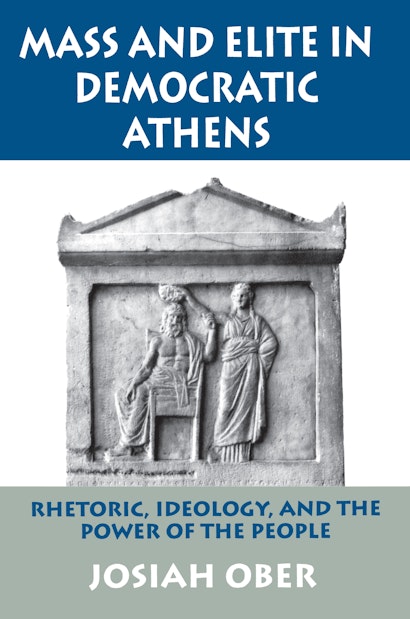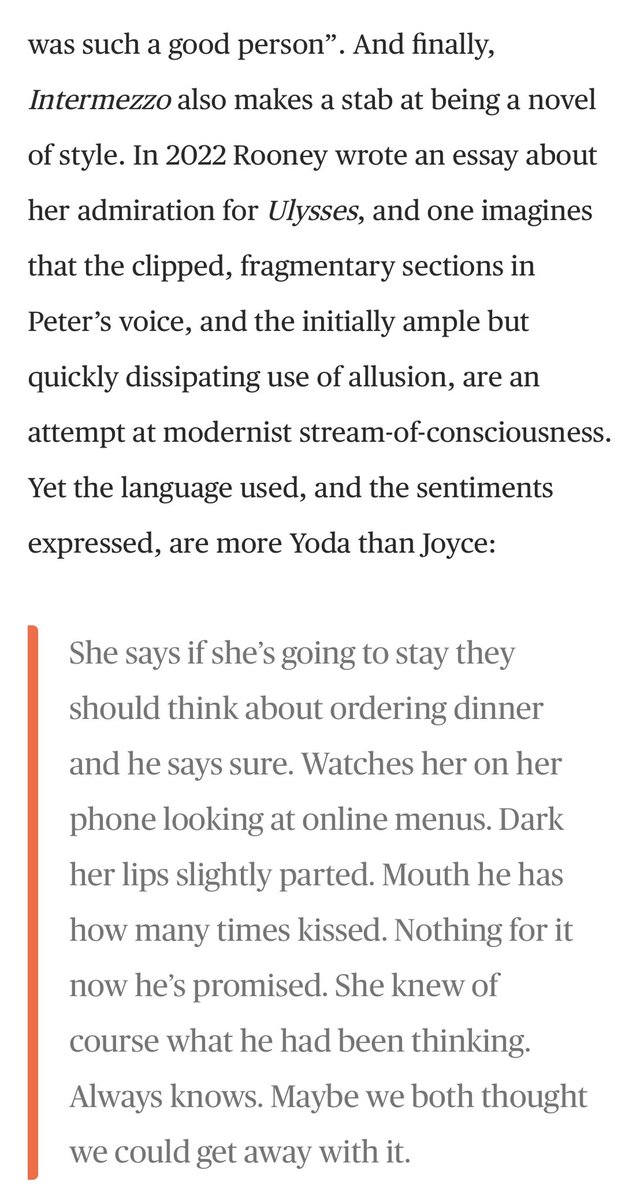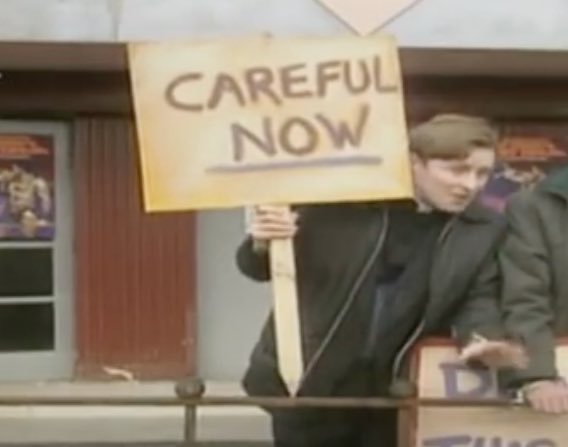I've been busy again this week. I've read two books. Back to work on Monday, though, so the pace will likely slow down.
Hired Swords: The Rise of Private Warrior Power in Early Japan
An interesting study into the origins of the Samurai. The book covers around 500 years of change (7th-12th centuries), delving into the minutiae of how the court hierarchy raised and managed its troops. It isn't for novices. It's basically academic research, and you really have to know this period of Japanese history for it to make a lot of sense. The names, the places, the amount of footnotes that have you constantly referring to the back pages of the book, make it a chore at times, despite being quite a short book. An easy, flowing read it is not!
That said, I persevered and found it very interesting. I couldn't recommend it for anyone other than a student of the period, though.
Five Families: The Rise, Decline, and Resurgence of America's Most Powerful Mafia Empires
This is a whopper of a book. At 700+ pages, it is the essential history of the New York Mob, charting its beginnings among the immigrant population at the beginning of the 20th century, until the disarray caused by the RICO cases of the 1990s and early 2000s, that appeared to have inflicted mortal wounds upon the five families the book is named after.
I grew up with a Dad fascinated by the mafia and I, in turn, was hooked. From watching gangster classics like Angels With Dirty Faces*, starring James Cagney, to the modern epics like the Godfather trilogy and Goodfellas, I can't think of a subject matter (apart from Star Wars) that has held my attention for so long.
That's not to say that I've read everything there is to read and watched everything there is to watch. Far from it. However, being so invested from a very young age has given me such a grounding that it's only really the most recent revelations that were new to me. I knew all about the foundation of the five families, their ties with Jewish and Irish hoods, the Commission, Murder Inc, the eras of Genovese, Castellano, Gotti, et al. However, the book is excellent in showing how both sides of the law were reacting to the increased focus from law enforcement towards Mob activity from JFK onwards.
Although the authorities had some huge wins, and pretty much decapitated each of the five families over the course of two decades, the book argues that Cosa Nostra is far from dead. In fact, the change of focus, brought about by the Islamic terrorist threat post 9/11, means that the resources required to keep a lid on the Mob's activities have been directed elsewhere. Far from being beaten, the new mafia bosses have learned lessons and have evolved.
I thought it was a brilliant book. I read it in 6 days, which shows how accessible and interesting I found it. I'm going to read about the Sicilian mafia next.
10/10
*I know it's not about the mafia, but it's about organised criminals.
 .
. 




